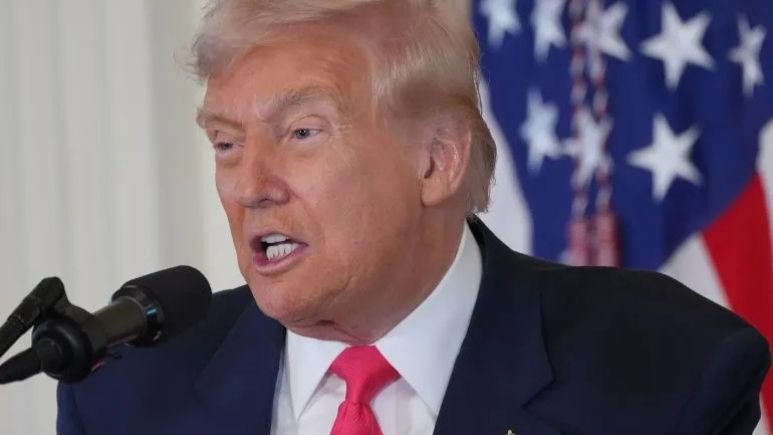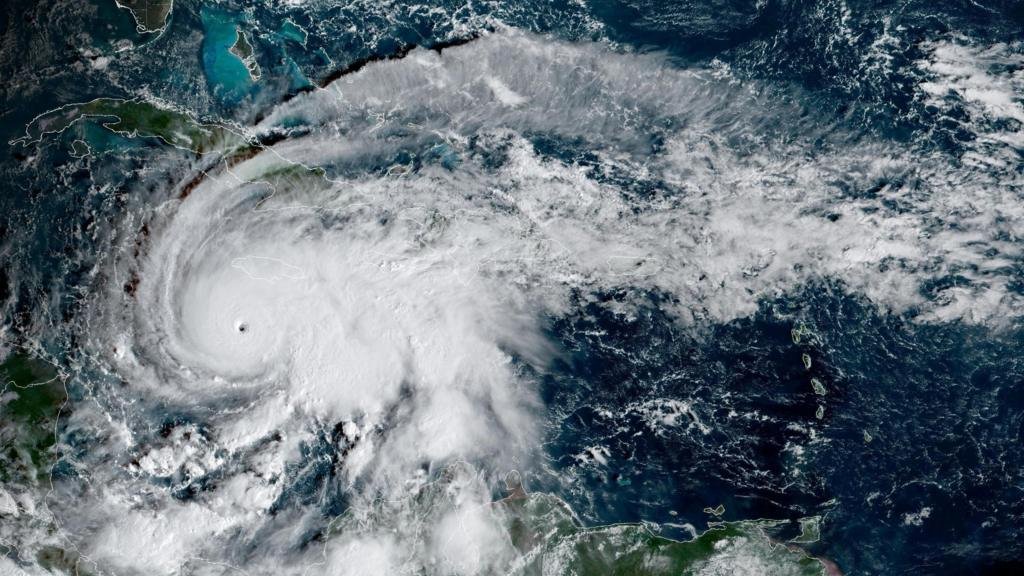Trump Epstein files release vote. Former president urges House Republicans to support disclosure of Epstein related documents, intensifying debate on transparency and political accountability.
Trump Raises Pressure as House Prepares for Epstein Files Release Vote
Donald Trump surprised Washington on Sunday by publicly urging House Republicans to support a vote that would require disclosure of unclassified government files connected to Jeffrey Epstein. His statement represents a shift from past hesitation and arrives as lawmakers move toward a floor vote pushed by Representative Thomas Massie and a group of bipartisan supporters.
Trump posted that the Republican Party should stand for open government and declared that there is nothing to hide. At the same time, he repeated his argument that Democrats are attempting to weaponize the issue for political gain, setting the stage for another partisan fight as the vote draws closer.
The Vote and the Transparency Act: Why This Moment Matters
The proposed Transparency Act aims to compel federal agencies to release large sets of unclassified files that have accumulated over years of Epstein related investigations. According to Massie, more than one hundred House Republicans are now likely to vote in favour, creating the possibility of a bipartisan majority if Democrats remain united.
The House Oversight Committee has already received over twenty thousand documents, including communications that mention multiple political figures. However, the Department of Justice still holds materials tied to older investigations that remain sealed. The bill would require their release unless the records interfere with active law enforcement work.
The Senate remains the key hurdle. Some Republicans have signalled hesitation, but Trump’s direct endorsement increases the pressure on party members who prefer to avoid a high profile vote.
Why Full Disclosure Has Become a 2025 Flashpoint
Epstein’s death in custody and the secrecy around previous investigations have fostered years of mistrust. Lawmakers argue that withholding documents only fuels conspiracy theories and undermines public faith in institutions. Democrats see a chance to highlight elite networks and long unanswered questions. Republicans say that full disclosure can neutralize speculation by revealing the entire picture regardless of politics.
Recent leaks from civil cases and court filings have revived public interest, raising expectations that a full government release could have wide implications. Analysts note that the volume and scope of the files would dwarf earlier document troves that shaped global conversations about power and influence.
The Transparency Act in Context: Accountability or Political Weapon
Supporters believe the bill marks a shift toward more open governance at a time when public confidence in Washington is strained. They argue that transparency is necessary to restore credibility and show that no person or office is above scrutiny.
Critics warn that selective release, partisan framing or incomplete redactions could create more confusion. They caution that under the current political climate, even well intentioned transparency efforts risk being interpreted as partisan tools.
Political scientist Dr. Linda Rosenberg says the vote reflects a wider post 2020 trend in which both parties use transparency as a signal of integrity but also as a way to pressure opponents. She adds that the long term impact will depend on how evenly disclosures are handled.
Impact on the 2025 Election Cycle
With campaign season underway, the vote is expected to influence messaging across both parties.
For Republicans, supporting release helps them align with voter demands for accountability. It also allows candidates to claim they support uncovering all facts, even if that comes with political risk for individual members.
For Democrats, backing the release keeps them consistent with long standing calls for oversight. However, they face political danger if members of their own party are named in the documents once they are public.
Polling shows broad national support for disclosure. Still, distrust toward political institutions remains high, making it likely that new revelations will be interpreted through partisan lenses.
What Comes Next: Possible Scenarios
Scenario one: The House approves the release
Government agencies would begin unsealing files not connected to active investigations. A wave of disclosures is likely to follow, with political fallout across media and campaigns. The Department of Justice may still attempt to shield limited materials when justified by ongoing cases.
Scenario two: The Senate slows or blocks the bill
Expect continued advocacy, more leaks from civil cases, and growing pressure for oversight committees to push for disclosure on their own. Public frustration could rise if voters see Congress as obstructing transparency. Analysts agree that the outcome will shape narratives about trust, accountability and elite power throughout 2025.


